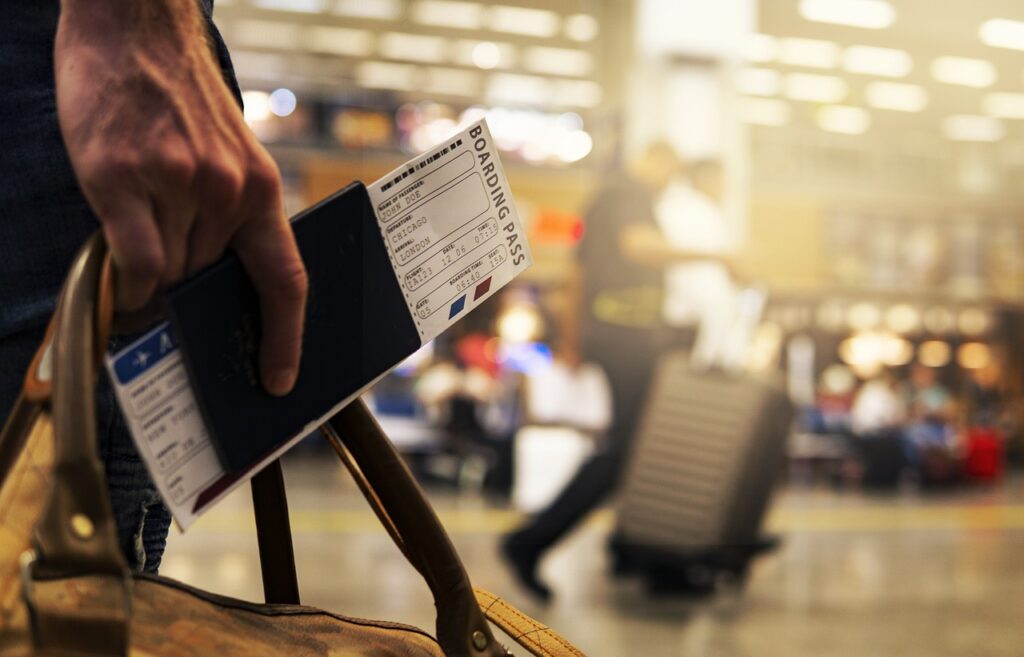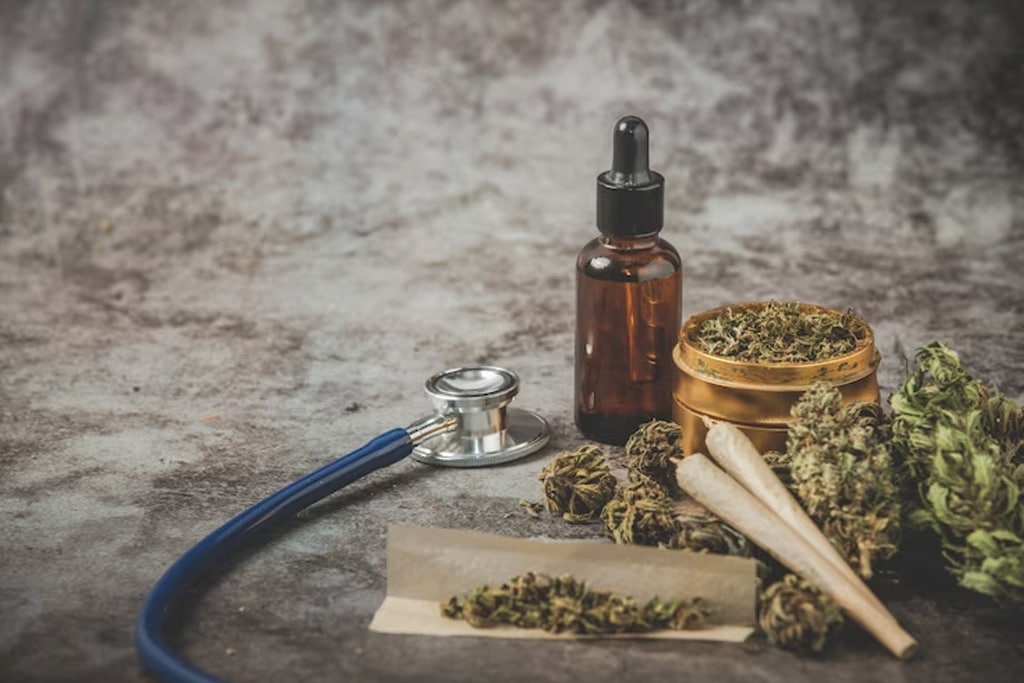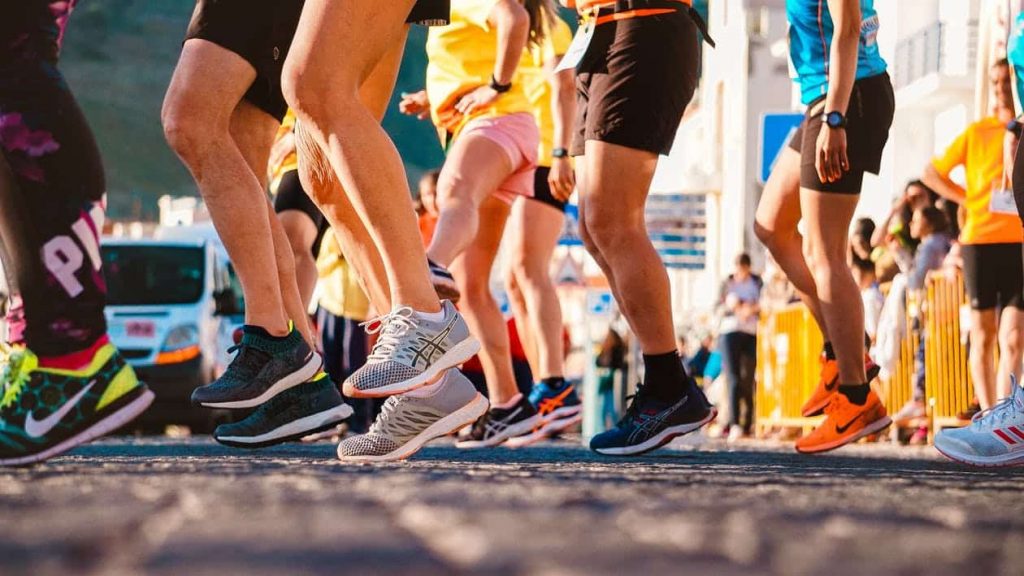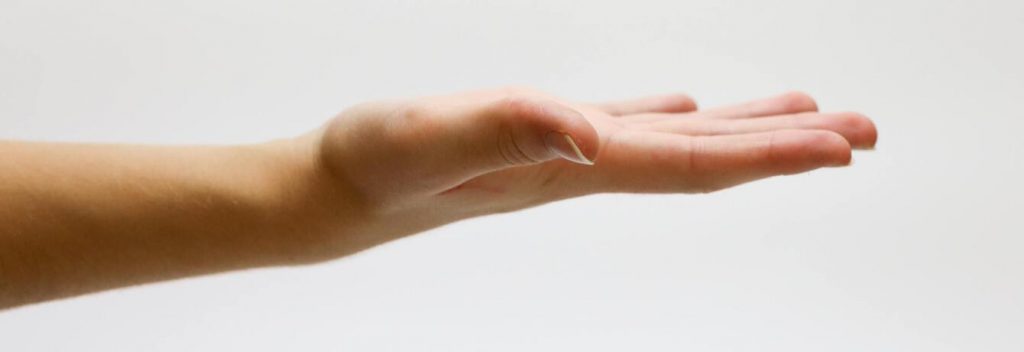Drug Rehab Out of State Guide

Why It Could Be Your Best Choice Addiction is a challenging battle, often requiring professional and comprehensive support. While local treatment facilities may seem convenient, exploring out of state options can provide numerous critical advantages. Understanding these benefits and challenges can help you make an informed decision on your path toward recovery. ⚠️Visitors to our […]
How to Rewire Your Brain from Addiction

Key Points Understanding Addiction and the Brain Addiction fundamentally changes the brain, affecting areas responsible for decision-making, impulse control, and pleasure. Substances like alcohol, opioids, and methamphetamine alter neurotransmitter levels, particularly dopamine, creating a cycle of dependence that is difficult to break [1]. However, the brain has an incredible ability to heal itself through neuroplasticity—the […]
All About Weed Addiction and Do People Go To Rehab For Weed Addiction?

Yes, People do prefer rehab for weed addiction. Because the social landscape around marijuana (weed) is always changing, it can be hard to tell if you have a problem and even harder to stop using. The idea of quitting isn’t as simple as just saying “I’m done.” Just like alcohol has become commonplace, so has […]
Responding to Help: How Should One Help a Friend Who is Struggling with Substance Abuse?

In a culture that nearly glorifies using drugs or alcohol, it is important to first define what substance abuse is. Substance abuse is when alcohol, prescription pills, or other legal or illegal substances are used too much or in the wrong way. Substance abuse and drug or alcohol addiction creates a long, scary journey for […]
How Should Family Help Loved Ones Who Just Finished Inpatient Substance Abuse Treatment?

Drug or alcohol addiction affects not only the user, but all involved friends and family as well. Drug or alcohol addiction can lead someone down a dark road that they may not be able to escape from on their own. This is where inpatient substance abuse treatment comes in to help. An inpatient treatment center […]
Family Support in An Aftercare Program

If detox and inpatient rehab are responsible for paving the way to stable recovery, social support networks, along with aftercare, are what drives the final stages of recovery. Likely, if you are in or considering rehab and aftercare it probably took some convincing. Often times, the urging of friends and family are a major factor […]
How Athletes Can Handle Addiction and Treatment

Drug abuse occurs in nearly every sport, it is also present in nearly every level of athletic competition despite the efforts to have them banned. For years sports fans have heard time and time again about athletes getting caught using performance enhancing drugs but are typically unaware of the prevalence of substance abuse and addiction […]
Ultimate 4 Reasons Why California is a Great Place to Recover From Drug Addiction?

A successful recovery depends on selecting the right facility for you or a loved one suffering from a Drug and Alcohol Addiction. Individuals struggling with addiction or substance misuse should seek out an atmosphere that promotes self-development and a spiritual connection to the beauty of nature. Although there are various treatment clinics across the country, […]
The Best Ways to Ask for Help with Addiction

We Understand the pain of being an addict and the problems they face in asking for the help. Asking for the help when you are an addict is not an easy task and under this tremendous pressure people are likely to fall pray to addiction and give up. There are many instances when people have […]
What to expect coming into an inpatient treatment facility?

What is Inpatient Treatment? Refers to medical treatment that is provided in a hospital or facility that requires at least one overnight stay. With outpatient treatment, patients receive medical services performed in an office-based setting or clinic. Roughly 21 million Americans have at least one addiction, but only about 10% of them receive treatment. Here’s […]
